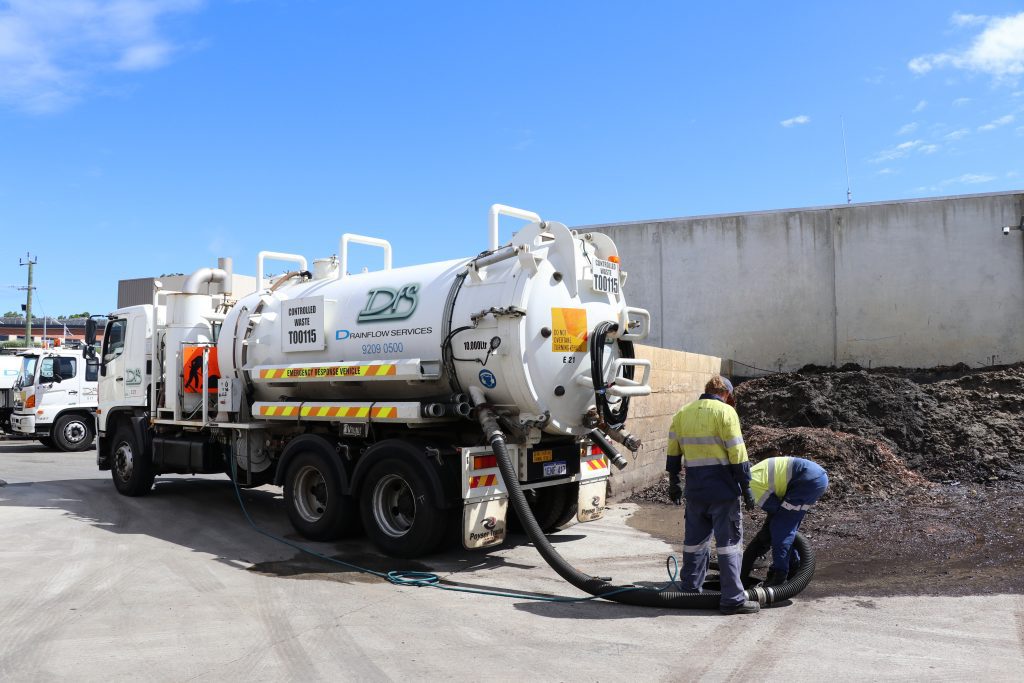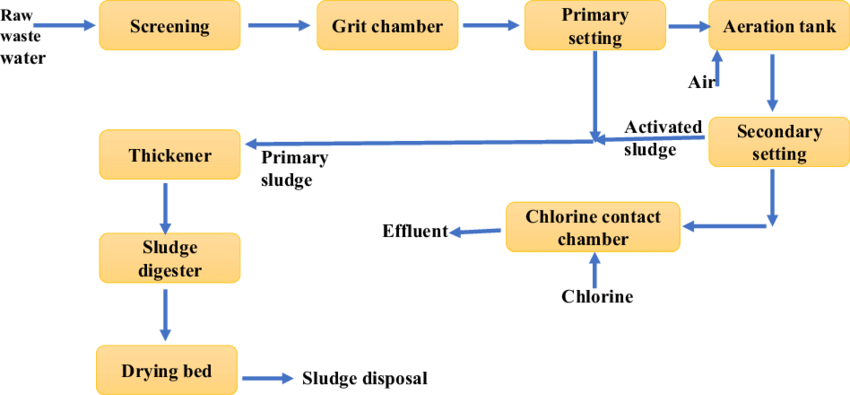Reclaim Waste - Truths
Reclaim Waste - Truths
Blog Article
Some Known Questions About Reclaim Waste.
Table of ContentsThe 30-Second Trick For Reclaim WasteIndicators on Reclaim Waste You Should KnowNot known Factual Statements About Reclaim Waste Not known Details About Reclaim Waste Get This Report on Reclaim Waste
With proper fluid waste monitoring, companies can lower energy-intensive therapy procedures and disposal costs. By complying with a system for handling fluid waste, companies can stay clear of expensive penalties and penalties and avoid unfavorable promotion.(https://www.storeboard.com/reclaimwaste2)Accumulate representative examples from numerous factors within the waste stream to make sure accuracy. Conduct routine testing to track any kind of adjustments in the make-up. Maintain detailed records of characterization for future reference and compliance functions. Liquid waste, specifically harmful ones, poses substantial dangers throughout this step. Appropriate procedures minimize spills, leakages, and various other crashes that might harm the workers and the public.

Sanitation (e.g., chlorination, ultraviolet light, ozonation) and nutrient removal (e.g., denitrification and phosphorus obliteration) are advised under rigid laws. Many business violated numerous fluid waste disposal guidelines in recent years.
What Does Reclaim Waste Mean?

are used by sectors that produce large volumes of low-toxicity fluid waste. Superficial basins contain fluid waste that is allowed to evaporate through all-natural procedures. The deposit left can be gotten rid of in land fills. involves burning liquid waste at heats and transforming it right into gas and ash. This kind of disposal is subject to stringent ecological laws due to possibly unsafe exhausts.
The findings should be documented, analyzed, and stored not just for entry to regulatory authorities however additionally for making improvements in the future. Share information with relevant stakeholders (e.g., workers, governing government agencies, and nearby neighborhoods) to maintain openness and accountability.
Understanding these can assist them effectively handle their operations and reduce their ecological effect. Business that can't spend in facilities should think about working together with the public field for far better solutions.
The Buzz on Reclaim Waste
By applying thorough management systems that consist of therapy and reusing methods, normal tracking, threat assessments, and adherence to local and federal regulations, industrial centers can add to the security of groundwater products, guaranteeing their schedule for future generations (industrial wastewater treatment). Allow's dig right into the relevance of efficient liquid waste management in the commercial market, focusing on its ramifications for protecting groundwater sources
The pollution of groundwater resources because of inappropriate fluid waste monitoring in the industrial sector has significant repercussions for human health Our site and wellness, farming, and the atmosphere all at once. Several of the possible influences triggered by such contamination consist of: Infected Alcohol consumption Water Materials: As groundwater provides a considerable portion of our drinking water, air pollution from commercial tasks can cause damaging chemicals and microbes entering our water systems, presenting health threats for human beings.
Lowered Agricultural Productivity: Agriculture counts heavily on groundwater for irrigation; consequently, polluted water can impede crop yields, pollute farming items, and affect food safety and security. Provided the significance of maintaining groundwater resources, it is important for organizations to take an aggressive position in handling their liquid waste responsibly and protecting against contamination.
The Ultimate Guide To Reclaim Waste
Liquid waste can contaminate land and pollute waters. Info about handling and keeping fluid waste, reacting to spills and reducing fluid waste is readily available in the adhering to truth sheets and advice:.
The role of waste administration specialists in securing this valuable resource can not be overemphasized. Polluted water and contaminated effluent monitoring: Guaranteeing that hazardous liquids are safely gotten rid of and dealt with before they can harm our water sources.
Thus, incorporating lasting fluid waste monitoring right into financial planning enhances economic security and shields the atmosphere, showing the value of this technique. In conclusion, adopting specialist liquid waste management techniques is essential for guaranteeing a sustainable future, securing our atmosphere and securing the health of future generations.
When it concerns getting rid of waste, sticking to appropriate treatments is important for a multitude of factors. Proper garbage disposal is not just about sanitation; it's about ensuring the health of our setting, health, and the effective use of sources. Understanding the importance of efficient waste administration can aid us all contribute to a much healthier, cleaner earth.
The Ultimate Guide To Reclaim Waste
Reliable waste administration helps keep tidy streets and public areas, decreasing the aesthetic impact of litter and guaranteeing that waste does not damage wildlife. When waste is not gotten rid of correctly, it can result in air pollution, where unsafe compounds can leach into the dirt, water systems, and the air, producing long-lasting environmental issues.
Report this page